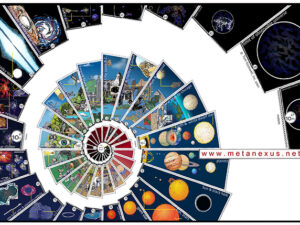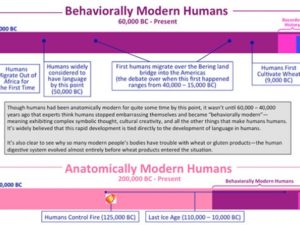Science’s Humanities Gap

In his recent sermon to humanists, “Science Is Not Your Enemy,” the psychologist Steven Pinker makes an impressive plea for humanists to pay more attention to science and urges them to an interdisciplinary approach that he thinks has been sadly lacking. His general point is surely right: specialists in any area are likely to benefit from acquaintance with relevant work beyond their disciplinary boundaries. But it seems to me that Pinker mistakes his audience. On this issue, it’s humanists who are the choir and scientists who need a call to grace.
Consider my home discipline of philosophy. Pinker himself mentions the strong recent connections of philosophy of mind to cognitive science and neuroscience. What he doesn’t note is that philosophers of mind — David Chalmers is a striking example — who work in cognitive science are typically highly trained in that discipline. Few cognitive scientists and neuroscientists have comparably strong backgrounds in philosophy of mind. As I’ve argued in previous Stone columns, this is a major disadvantage when scientists try, as they often do, to interpret the bearing of their results on philosophical issues such as free will and happiness.





